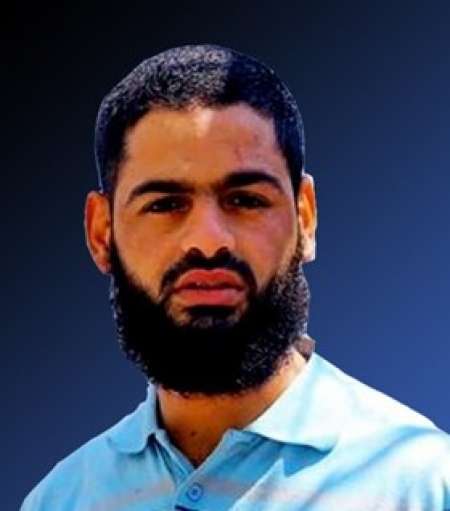-
Tips for becoming a good boxer - November 6, 2020
-
7 expert tips for making your hens night a memorable one - November 6, 2020
-
5 reasons to host your Christmas party on a cruise boat - November 6, 2020
-
What to do when you’re charged with a crime - November 6, 2020
-
Should you get one or multiple dogs? Here’s all you need to know - November 3, 2020
-
A Guide: How to Build Your Very Own Magic Mirror - February 14, 2019
-
Our Top Inspirational Baseball Stars - November 24, 2018
-
Five Tech Tools That Will Help You Turn Your Blog into a Business - November 24, 2018
-
How to Indulge on Vacation without Expanding Your Waist - November 9, 2018
-
5 Strategies for Businesses to Appeal to Today’s Increasingly Mobile-Crazed Customers - November 9, 2018
Health of Palestinian prisoner on hunger strike at risk
If carried out it would be the first case since the adoption last month of a new law permitting the practice.
Advertisement
“The law potentially affects all detainees but particularly Palestinian detainees who have resorted to hunger strikes to protest their conditions, including their prolonged detention on administrative orders without charge”, the statement added.
The director of the Barzilai Hospital in the coastal town of Ashkelon, Dr. Hezi Levy, told Israeli media doctors would not force feed Mohammed Allaan unless he slips into unconsciousness, at which point the hospital’s ethics committee would convene to discuss what measures to take.
“I have informed him of this but it does not alter his intention to continue his strike”, Khatib said, adding that his client had actually been refusing food for 55 days by Saturday. Allan has refused drugs or nutritional vitamins, exclusively consuming water.
“120 Palestinian prisoners in Israel’s Nafha Prison (who were recently transferred) announced an open hunger strike on Thursday to demand that they be returned to the prison blocs in which they were previously held”, Qadora Faris, the head of the Palestinian Prisoners Society, said on Sunday.
The UN maintained that hunger strikes are a non-violent form of protest used by individuals who have exhausted other forms of protest to highlight the seriousness of their situations.
The legislation, passed by Israeli parliament last month, reflected Israel’s concern that hunger strikes by Palestinians in its jails could end in death and trigger waves of protests in the occupied West Bank.
Advertisement
The move, which saw 46 members of Knesset vote in favor and 40 against, was opposed by Israel’s Medical Association also opposed the law, which considered force-feeding as a form of torture that is medically risky.





























